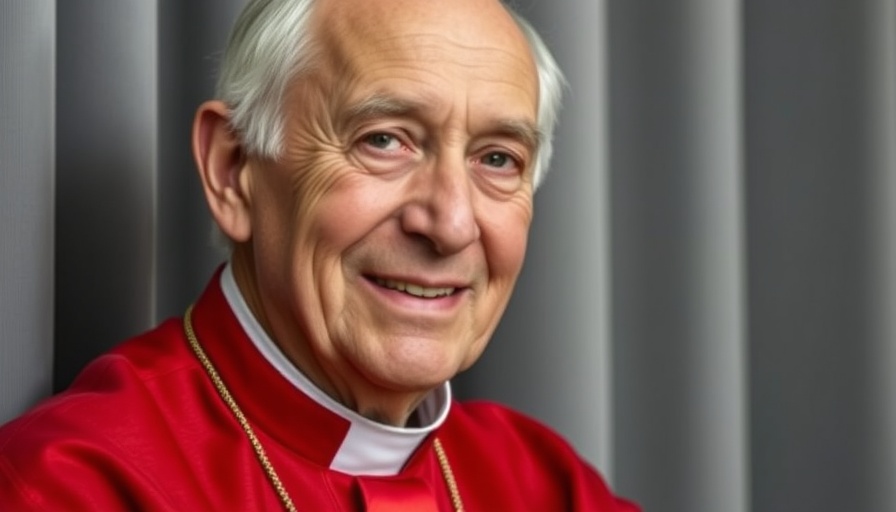
The Election of Pope Leo XIV: A Testament to Global Hope
Malawi’s President Lazarus Chakwera has hailed the election of Cardinal Robert F. Prevost as Pope Leo XIV, emphasizing the profound significance of this moment in a world that increasingly yearns for guidance and hope. In an official statement, he underscored the importance of servant leadership and deep faith amidst contemporary global turmoil. With millions celebrating this election, it marks a pivotal moment for unity and renewal in the face of adversity.
Pope Leo XIV: A New Vision for the Church
Pope Leo XIV, aged 69, brings a wealth of experience and a unique perspective shaped by his dual citizenship between the U.S. and Latin America. His journey from Chicago to missionary work in South America, culminating in his influential role within the Vatican, gives him a rich background that many believe is crucial for addressing the complex challenges faced by the Church today. His leadership style is expected to resonate with those who admire the reforms set in motion by his predecessor, Pope Francis.
The Impact on Africa and Global Alliances
Chakwera's expression of solidarity with Pope Leo XIV reflects Malawi's deep-rooted faith and moral values, positioning the nation as a key player in the discourse on faith and governance in Africa. As Africa continues to grapple with geopolitical dynamics, Pope Leo XIV's approach could strengthen global alliances, particularly in regions where faith plays a central role in societal governance. Africa is witnessing a resurgence of interest among international entities, and the new Pope could leverage his platform to influence positive changes.
Concluding Thoughts: The Role of Faith in Governance
As we observe this new chapter in the papacy, the hopes for servant leadership and moral guidance could foster a renewed commitment to social justice and peace. For business leaders and policymakers in Africa, engaging with this narrative is crucial as nations adapt to evolving global challenges. This moment of recognition not only symbolizes a shift in spiritual leadership but also signifies an opportunity for Africa to unite under shared values in response to modern dilemmas, thus influencing the future trajectory of governance and international relations.
 Add Row
Add Row  Add
Add 


 Add Row
Add Row  Add
Add 

Write A Comment